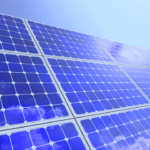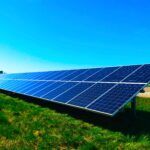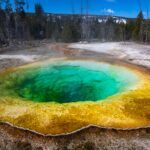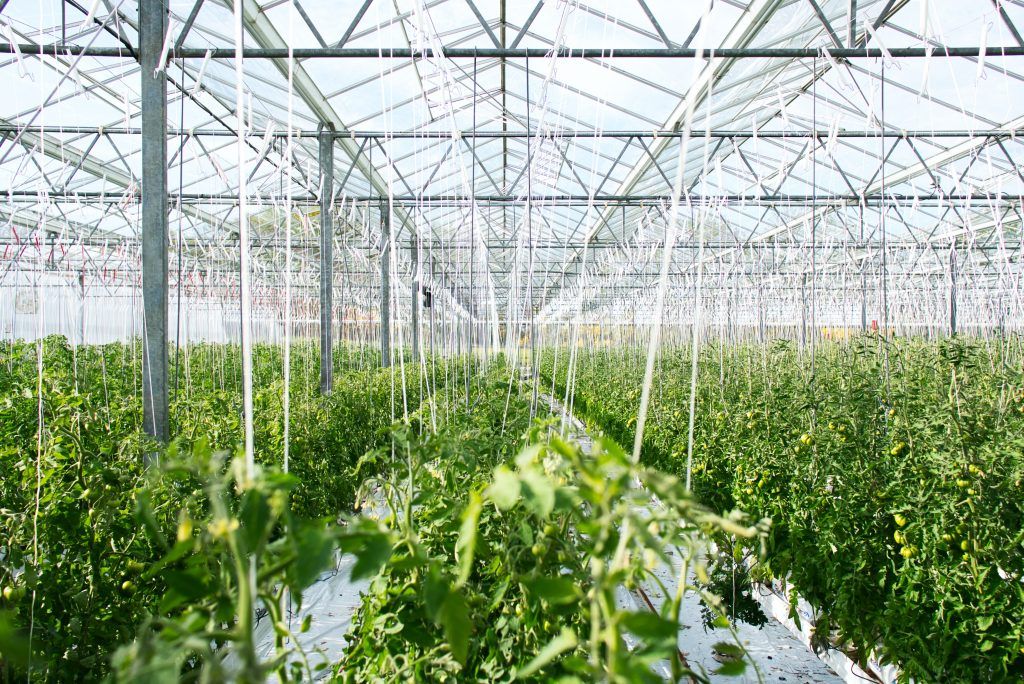Publicaciones relacionadas:
 EU greenhouse gas emissions kept decreasing in 2018, largest reductions in energy sector
EU greenhouse gas emissions kept decreasing in 2018, largest reductions in energy sector
 In a first, the EU produced more energy from renewables than fossil fuels in 2020
In a first, the EU produced more energy from renewables than fossil fuels in 2020
 Greek island Tilos picks up award for clean energy transition
Greek island Tilos picks up award for clean energy transition
 Evolution of electriciy prices
Evolution of electriciy prices
 GEOTHERMICA, the new European initiative
GEOTHERMICA, the new European initiative


Leave a Reply